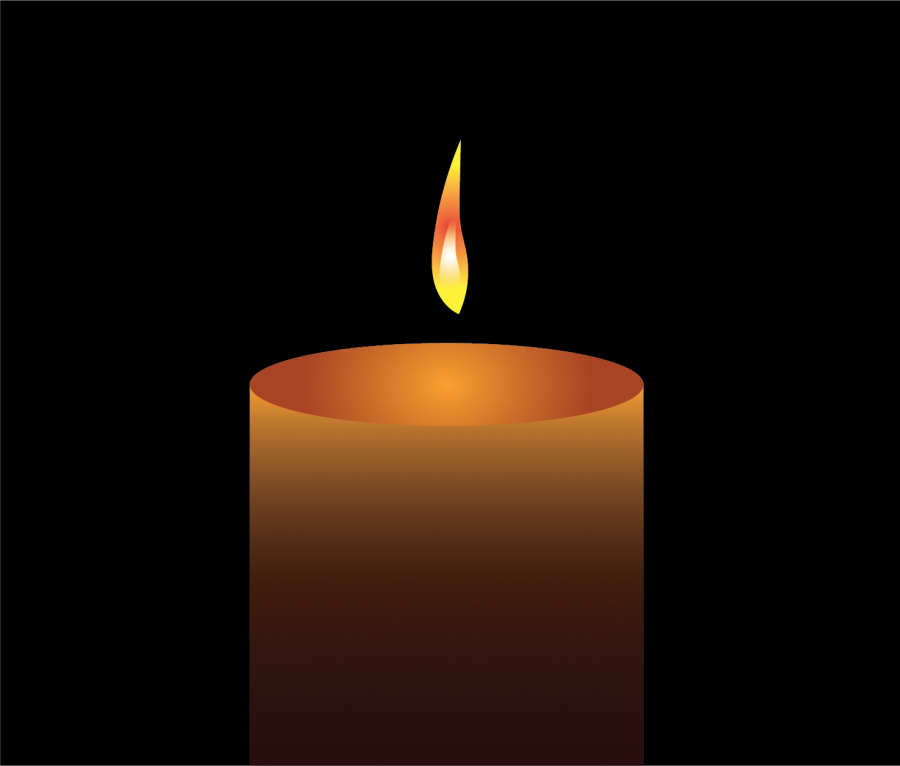Atrocities should be recognized no matter the day
Apr 9, 2018
Mireille Knoll was 9 years old when she fled her home in the French Capital and survived the Vel’ d’Hiv roundup of 9,000 adults and 4,000 children of Jewish descent during the Holocaust. After the war, she married a man who survived the Auschwitz camp and rebuilt a life with him back in France. She lived there until last week, when she, at 85 years old, was stabbed 11 times and partly burned to death.
The murder is being investigated as driven by “membership, real or supposed, of the victim of a particular religion.” Despite living a simple life in a subsidized-rent apartment, one of the men accused of being an attacker told the other suspect, “She is a Jew, she must have money,” according to French Interior Minister Gerard Collomb.
The media quickly jumped to cover this brutal attack, asking how an act like this could be possible in the 21st century, asking how we have not yet learned to heed the call of “Never Again.”
The reality goes much further than this attack.
In Myanmar, the Rohingya. In Sudan, the Darfuris. In South Sudan, the Nuer. In Iraq and Syria, the Christians and the Yazidis. These are just a glimpse of the genocides still raging today, where people are being targeted and killed for their ethnic backgrounds and religious beliefs.
Get The Daily Illini in your inbox!
These incidents beg a question: Why are we surprised that an act like what occurred in France is still occurring?
Holocaust Remembrance Day is just around the corner, from Wednesday night through Thursday.
In Israel, at 10 a.m. on Thursday, an air raid siren will go off for two minutes, and all activity in the state will cease. People will stand in silence wherever they are. Those in cars will park, and people will stand outside next to their cars until the siren stops.
On March 28, thousands marched to Knoll’s apartment door. Her murder, two weeks before Holocaust Remembrance Day, makes her death resonate even more.
This week, individuals around the world will commemorate Holocaust Remembrance Day. However, it doesn’t taken an official day of remembrance to call attention to global atrocities. On campus, different RSOs have and will be honoring the victims of other genocides, trying to help however they can
In April 2017, the Illinois Department of Jewish Studies held an event titled Spaces of Remembering the Armenian Genocide. In November 2017, campus groups including the Muslim American Society Urbana-Champaign held a Run for Rohingya 5k. Sunday, April 1, the society held a Rohingya Relief Benefit Dinner.”
Even with all these efforts to educate the public on the horrific truth behind genocides, there is not enough being done to ensure a conclusive end to the reality we are witnessing of those that are ongoing.
For “Never Again” to be upheld, we need to create a conscious decision as a society, as a generation and as students on this University campus to play a role in finding that future.
We have seen, too many times on this campus, hate targeting religious groups. We have seen and read anti-Muslim graffiti. We have seen anti-Semitic swastikas painted on campus property.
To suggest the world learned from its past is a fallacy. Our world is struggling in so many places and in so many manners.
Two weekends ago, Jewish communities around the world began the celebration of Passover. At the same time, Christian families celebrated Easter.
These two holidays both speak the messages that people cannot be silenced and that the world can be redirected.
Holocaust Remembrance Day provides an opportunity to continue this mindset and commit ourselves to taking the steps necessary to shape a future to believe in.
Hayley is a junior in ACES.






